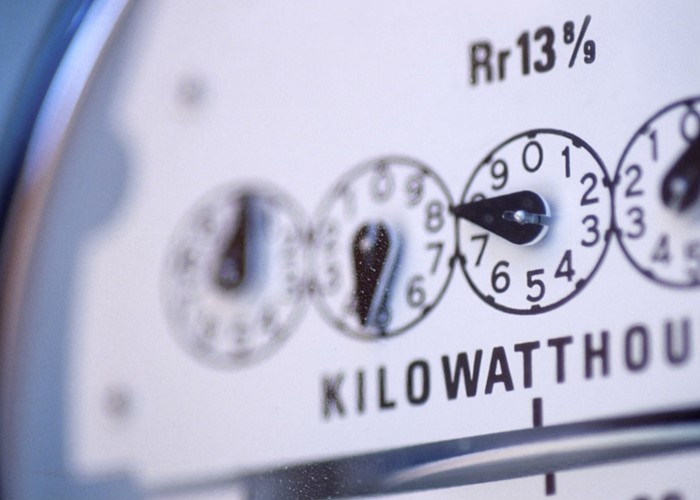Soaring energy bills: suppliers 'taking advantage of Direct Debits'

Suppliers have been told to justify increases to household energy bill Direct Debits.
Energy suppliers have been warned to ensure they are responsible when setting the Direct Debits of their customers by the Government.
Last week Grant Shapps, the business secretary, wrote to the bosses of energy suppliers to ensure they are careful when setting Direct Debits for their customers.
He stated that he was “disturbed” by media reports around households seeing their Direct Debits going up despite taking measures to reduce their own energy use.
He wrote: “It is in all our interests that when consumers take sensible steps to reduce their own bills, such as reducing their boiler flow temperature or making their homes more energy efficient, that they are able to see an impact in their bills.
"I am very keen that all suppliers find a way to make their systems more responsive to these positive changes in consumer behaviour and have asked Ofgem to report to me on how this can be achieved.”
This isn’t the first time that the way that energy suppliers set Direct Debits has come under the microscope this year.
Back in July, the regulator Ofgem said it wanted to see “immediate and urgent action” from suppliers, having identified a “range of weaknesses and failings” in the way that Direct Debits were set.
The regulator has reported that since then 16 suppliers have commissioned their own internal audits into the Direct Debit arrangements they have in place.
They want how much?!
This is an issue that has hit close to home for me, given my own recent experience with Direct Debits from my energy supplier.
Up to now my Direct Debit has been set at £244 a month, and it’s been more than sufficient ‒ indeed, I’m currently more than £500 in credit, ahead of the colder winter months.
According to my most recent bill, my personal projection is to spend around £3,600 a year, so a modest increase to the Direct Debit would be somewhat understandable.
However, my supplier Shell Energy has not asked for a modest increase.
It instead told me that my Direct Debit would be going up by more than £100 to £354, which is based on my ‘predicted energy use’ over the next year of well over £5,000.
I have no problem with paying for the energy I use. But the inconsistent messaging here is not exactly convincing.
Setting your Direct Debit
While it is possible to change your Direct Debit to a level which you feel is likely to be more appropriate, it’s not always as easy to do so as we might like.
With my own supplier for example, while I was able to lower my bill from that £354 level, there was a limit to how low I could set it online, a minimum of £286.
If you’re unable to change your Direct Debit online, then you can call your supplier, though you’ll have to be prepared to wait a while to actually speak to someone who can help.
It’s a good idea to arm yourself with your latest meter readings and your last few months of bills, which will help you state your case more powerfully.
If they still won’t budge, then you can formally request a cut to your Direct Debit in writing.
While it’s understandable that you will build up some credit at various stages of the year ‒ we pay more than we use during the summer months to cover the winter months when our usage goes up ‒ it is possible that you end up building up an excessive credit balance.
You’re within your rights to ask for at least some of that back.
Get used to paying more
The grim reality is that all of us are going to have to put up with bigger energy bills in the months, and likely years ahead.
While we know that the energy price guarantee will remain in place from April for a further year, the unit price for gas and electricity will be increasing.
It means that the typical household will see their annual bill move from £2,500 a year to £3,000.
We have also got the Government engaging in an educational campaign, trying to help households establish ways that they can reduce their own energy use and therefore the size of their bills.
While the energy price cap, set by Ofgem, is no longer active the regulator said that from January it would be moving to above £4,000 based on current wholesale market prices.
Ofgem is going to have a big role to play in holding suppliers back from exploiting households and setting bills at unfairly high levels, ultimately it is going down to us as individuals to ensure that we don’t use more energy than necessary.
That’s going to be the only way that we can keep energy bills at affordable levels.
Comments
Be the first to comment
Do you want to comment on this article? You need to be signed in for this feature